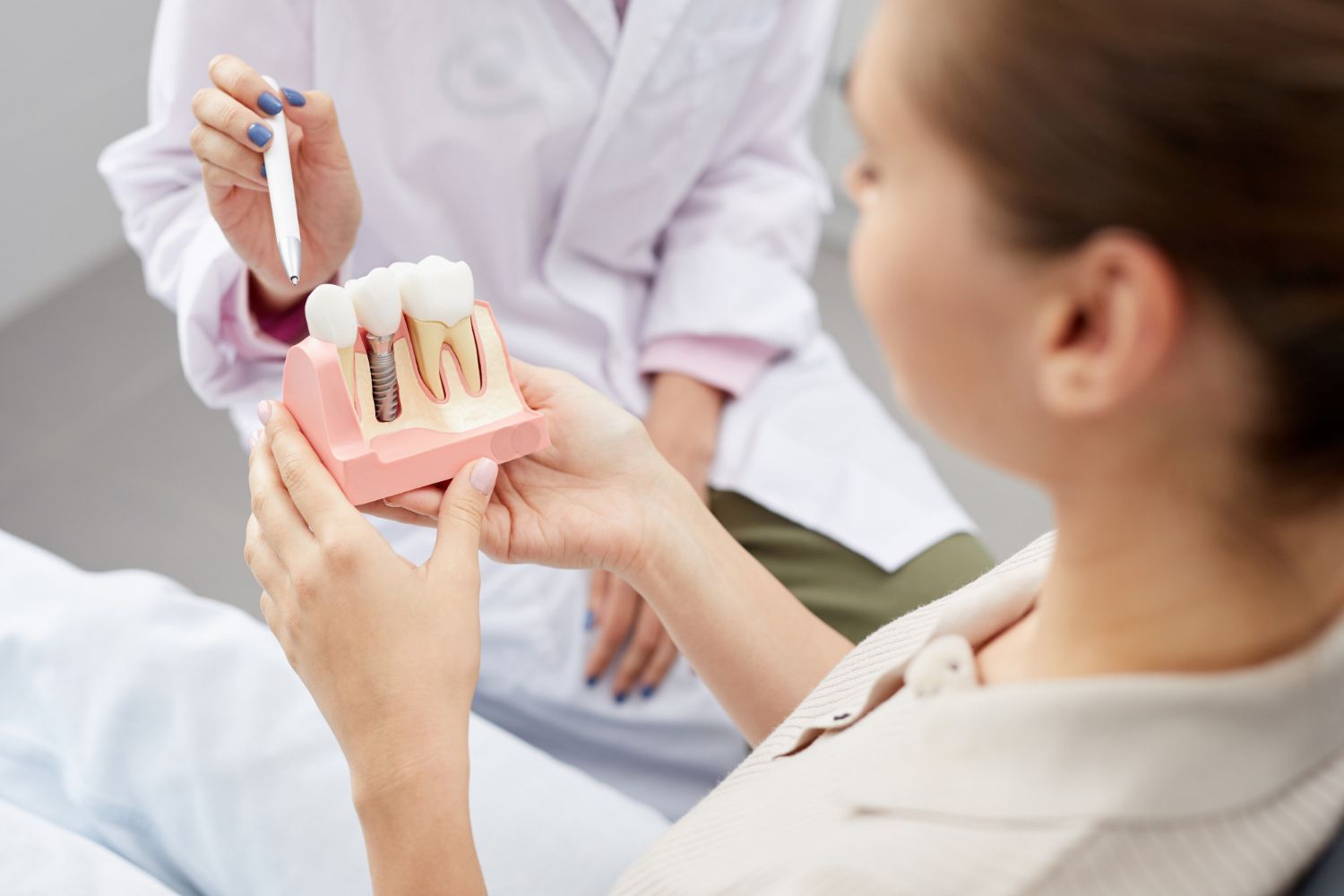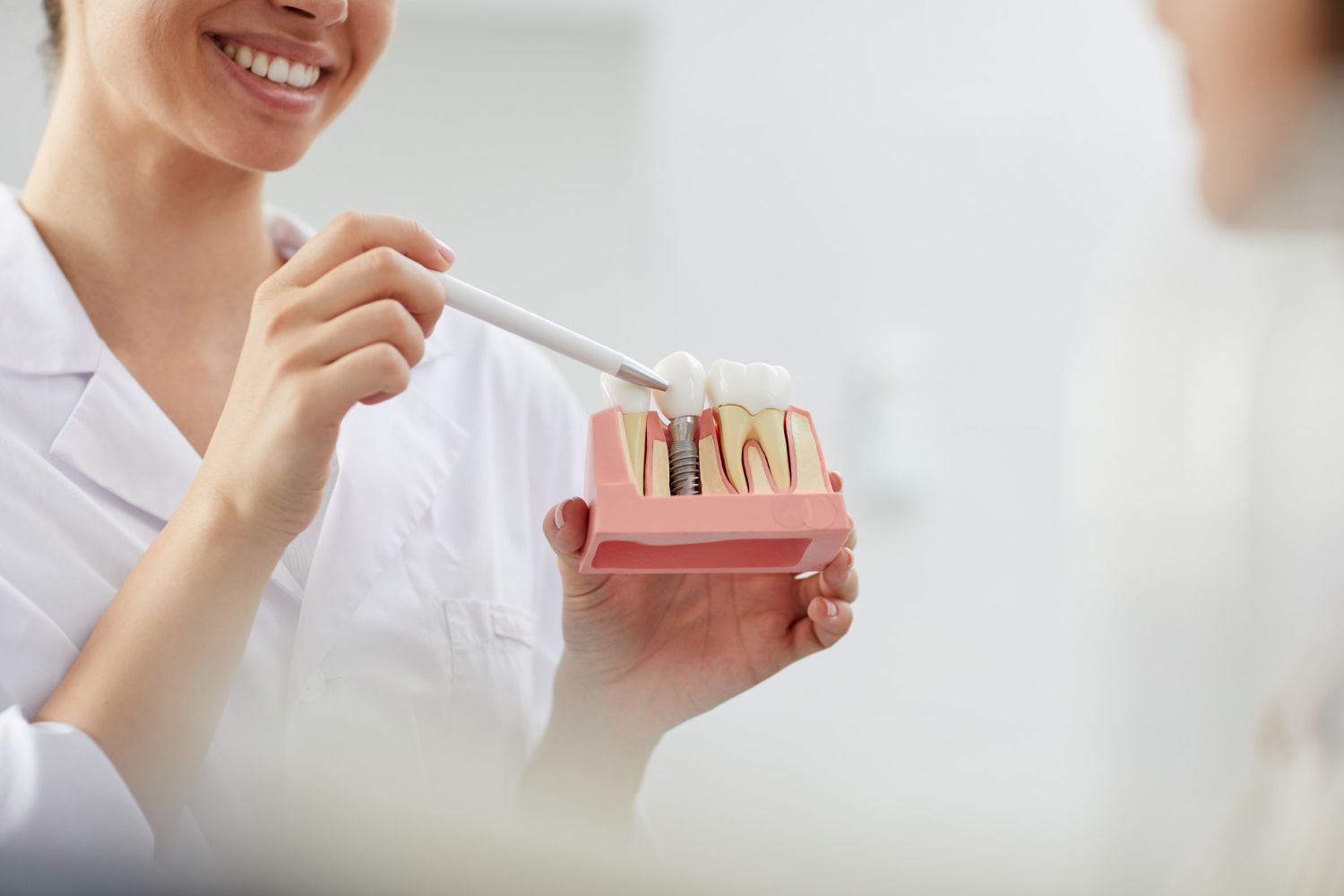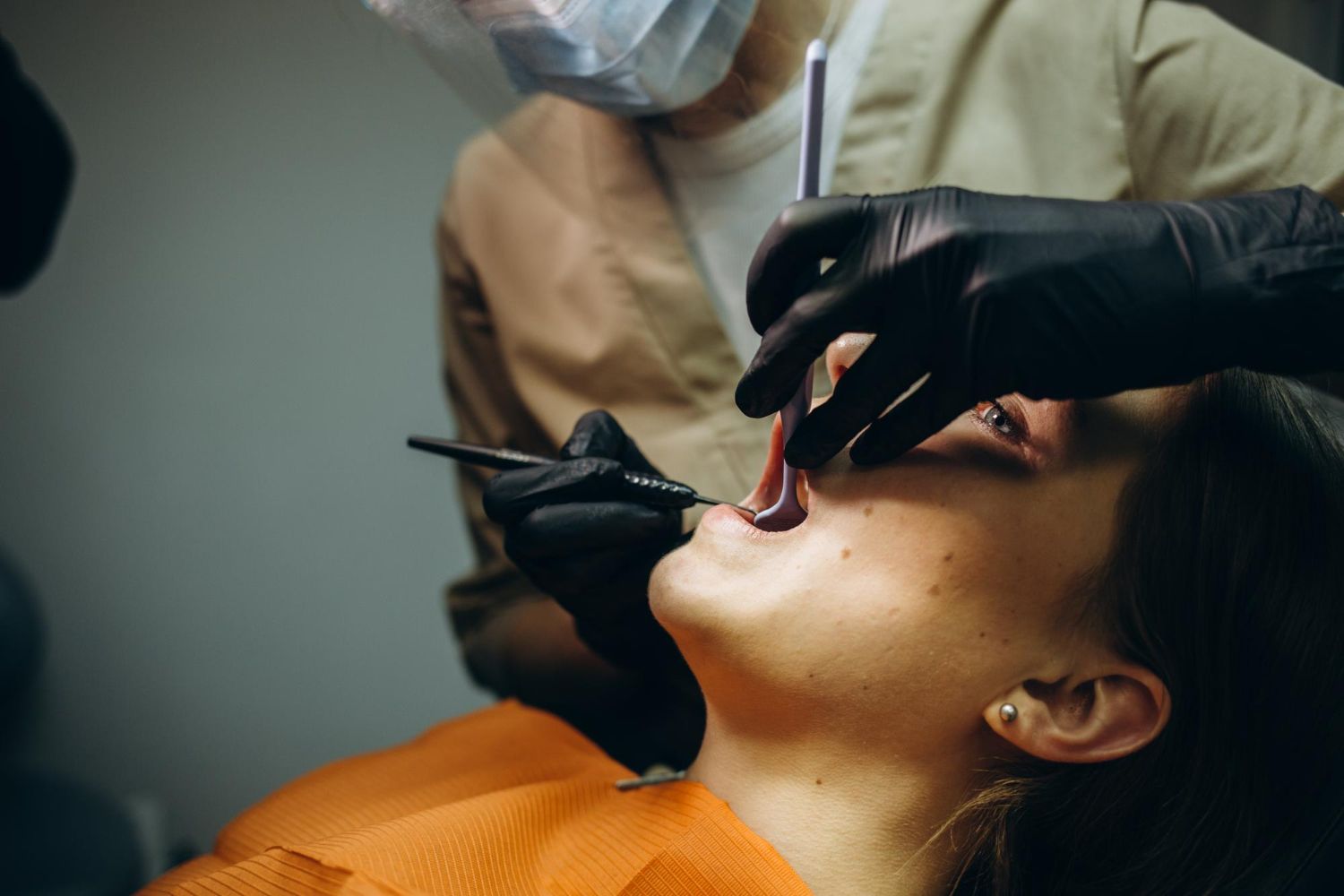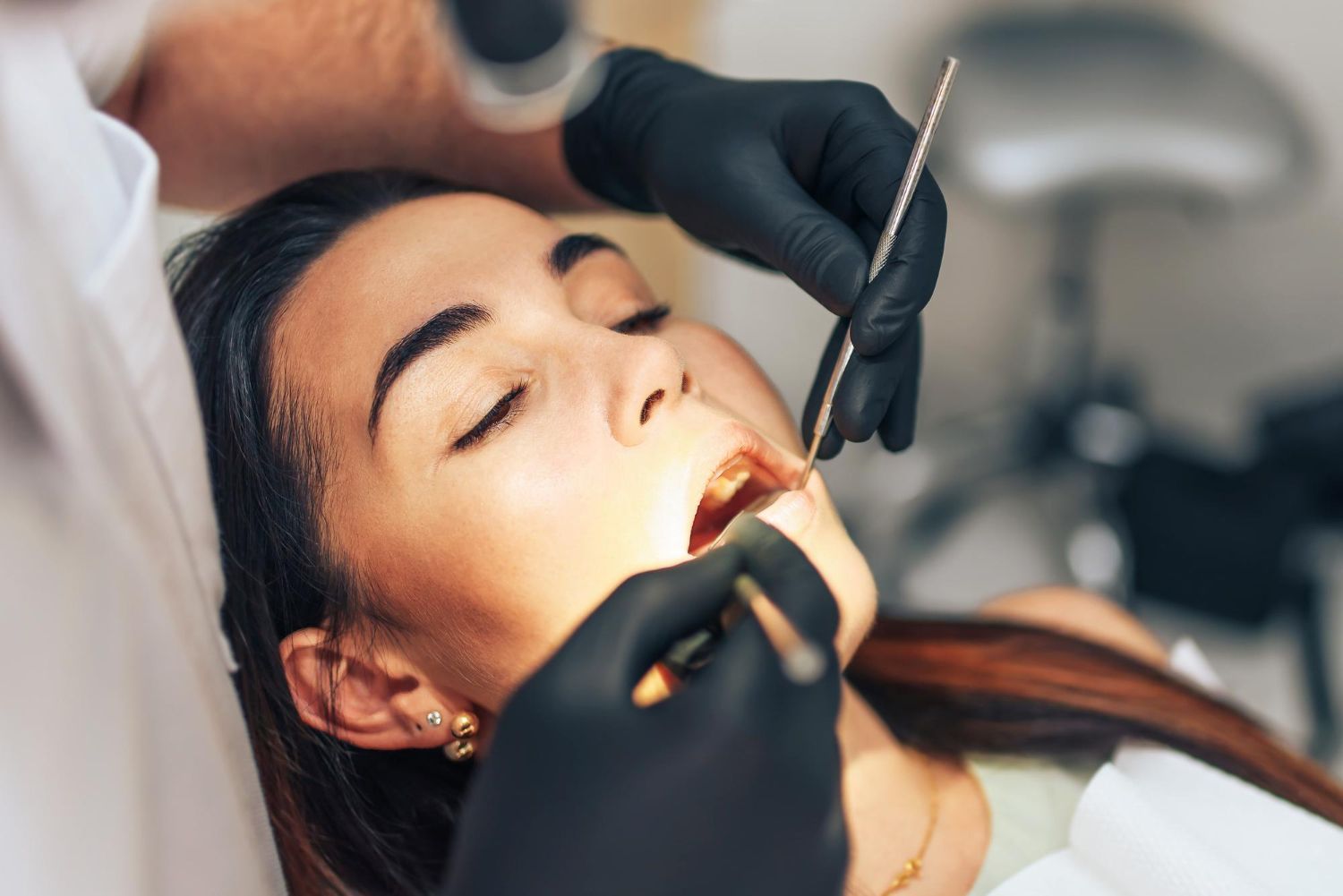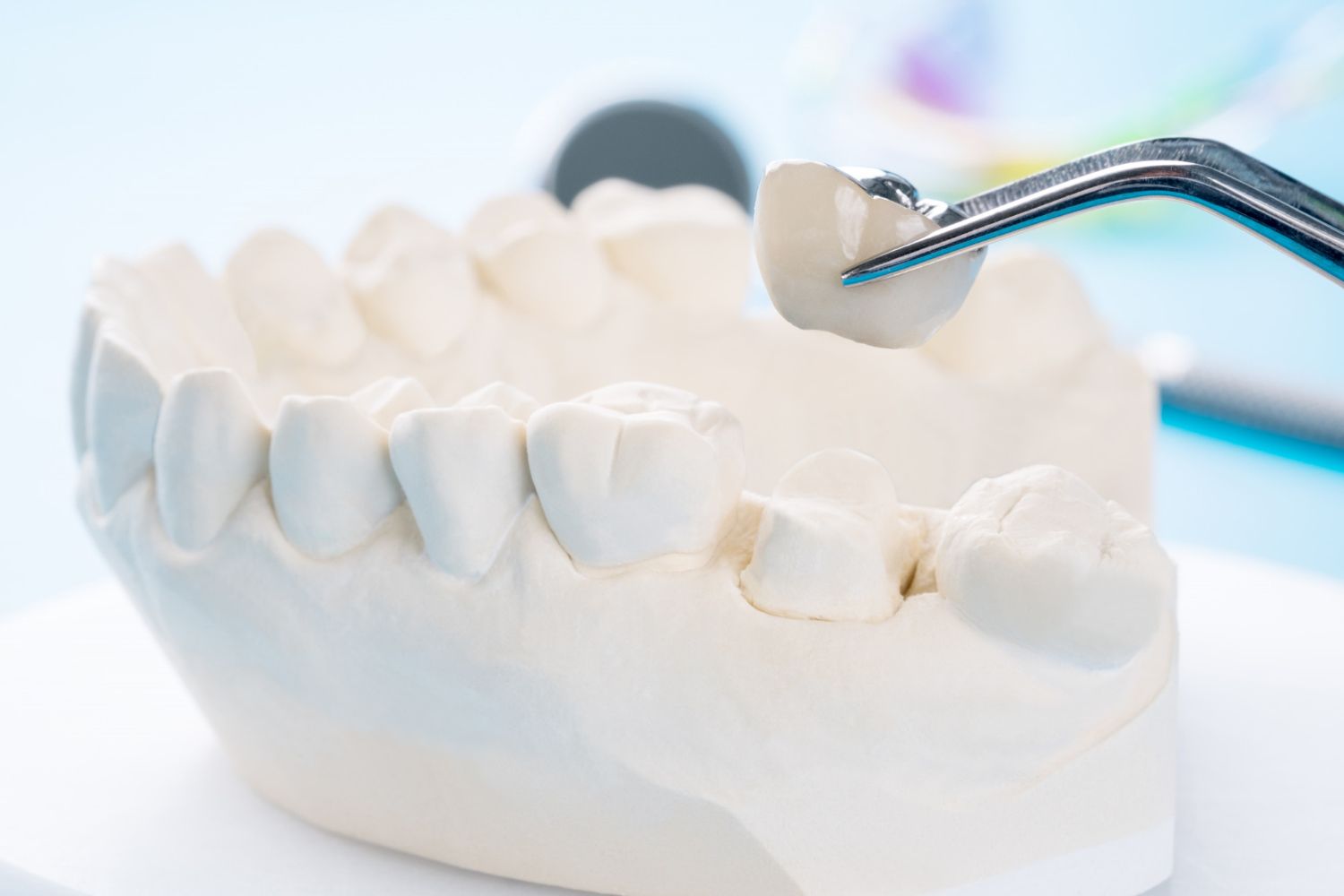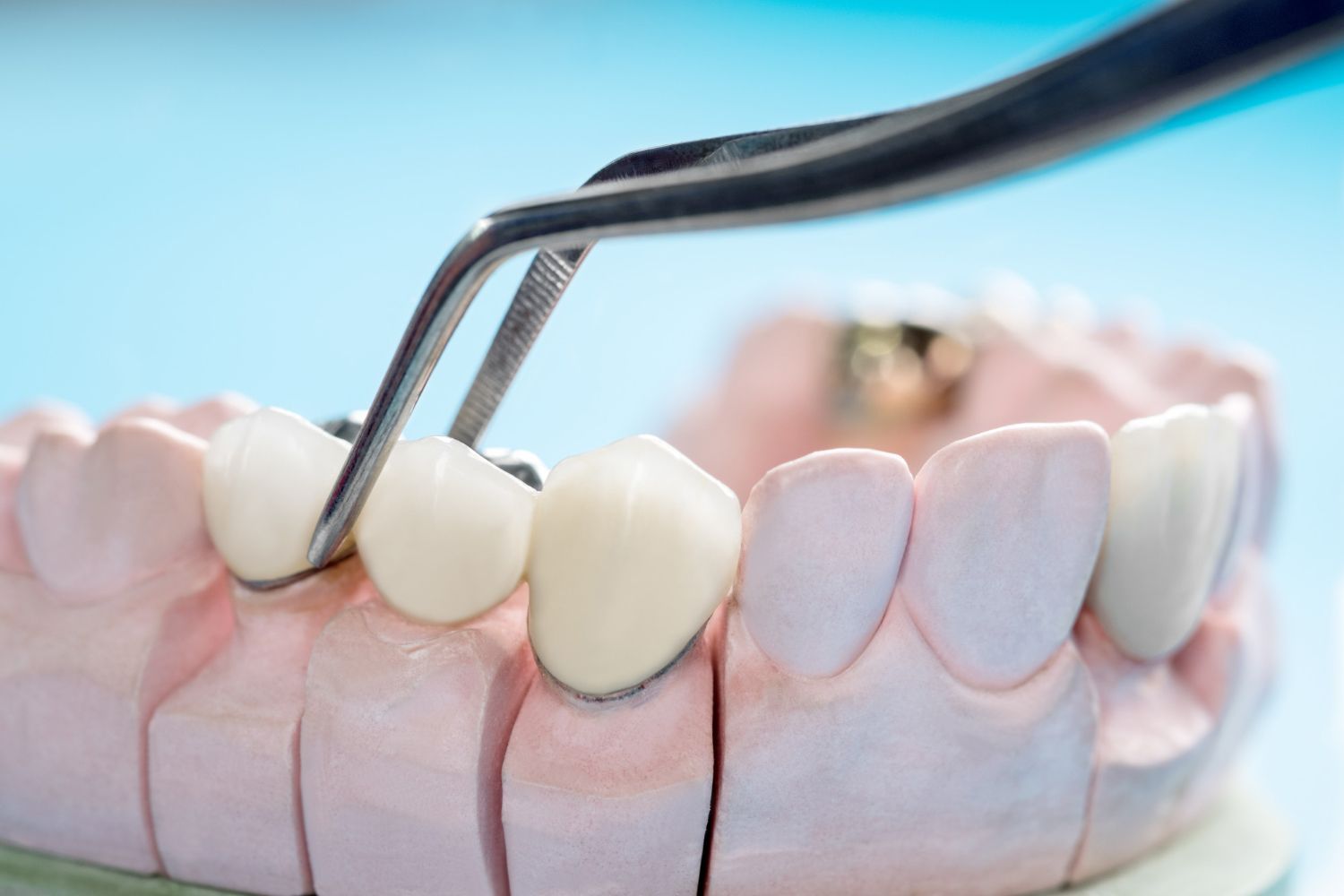Tips For Managing Pain After A Root Canal Procedure
A root canal might sound intimidating at first, but it's actually a common dental procedure that helps save your tooth and get rid of pain from deep cavities or infection. During the treatment, the dentist removes the damaged or infected pulp inside your tooth and then seals it to protect it from future problems. Once it's over, the biggest relief usually comes from knowing the pain that led you there is finally handled.
That said, a root canal can leave your mouth feeling sore for a little while. It’s pretty normal to have some discomfort after the procedure, especially as the numbing wears off. The good news is that this pain doesn’t last forever, and there are ways to make the healing process smoother. Understanding what to expect and knowing how to handle the soreness can help you feel more at ease as you recover.
Understanding Post-Root Canal Pain
Pain after a root canal is common, but that doesn’t mean it has to catch you off guard. Knowing what’s normal and what’s not can give you peace of mind and help you catch issues early if they pop up.
Right after the procedure, your mouth might be tender. You may feel:
- A throbbing soreness around the treated tooth
- Minor swelling in the gum area
- A bit of pain when biting or chewing
These symptoms can last for a few days. Think of it like bruising inside your tooth and gums. It needs a little time to calm down.
Here are a few reasons you might be feeling discomfort:
- Inflammation around the tooth after the procedure
- Pressure from your bite if the filling is slightly too high
- Minor irritation in the nerves or surrounding tissues
Now, it’s important to know when things might be heading off course. If you notice pain that keeps getting worse after several days or swelling that spreads to other parts of your face, that’s a sign you need to call your dentist. Severe pain when chewing or signs of infection like pus or a fever shouldn’t be ignored.
Every smile is different, and so is every recovery. If something feels off, it’s always worth checking in with a dentist in Lynn to make sure everything is healing like it should.
Over-The-Counter Pain Relief
Over-the-counter pain relievers can really make a difference while your mouth heals. Most people find relief using basic medications you probably already have at home.
Here are a few things to keep in mind:
1. Acetaminophen is often used to reduce pain. It’s easy on the stomach and doesn't interfere with blood clotting
2. Ibuprofen can help reduce both pain and swelling. Take it with food to avoid stomach irritation
3. Avoid aspirin right after your procedure. It can slow down healing in some cases, especially if there's any bleeding
Always read the label first. If you’re unsure what’s safe, especially if you're already taking other medications, it’s smart to check with a healthcare provider before starting anything new. Don’t take more than the recommended amount, even if the pain is bothering you. It won’t speed up the healing and could actually cause other issues.
You can also rotate the timing of medications like acetaminophen and ibuprofen to keep pain under control without overlapping doses. This approach can be helpful when soreness peaks in the first couple of days.
That early part of recovery can be uncomfortable, but sticking to the right pain management routine makes a big difference between feeling okay and feeling miserable. Give your body the space and time to recover. It’s already doing the heavy lifting.
Home Care Tips That Make a Difference
Once the root canal is done and the anesthesia wears off, there are a few things you can do at home to help manage pain and avoid irritating the area. A little extra care can go a long way in keeping you comfortable during recovery.
Start with cold therapy. If you’re dealing with any swelling near your jaw or cheeks, try placing a small ice pack wrapped in a cloth against the area in 15-minute cycles. Just be sure not to apply ice directly to your skin or keep it on too long, as that can do more harm than good.
Next, take it easy when it comes to eating. Give your tooth time to settle down by choosing soft foods like:
- Mashed potatoes or scrambled eggs
- Applesauce or yogurt
- Cooked vegetables or smoothies
Skip anything crunchy, chewy, or hard. That includes chips, nuts, crusty bread, or sticky candy. Too much pressure on the treated tooth can slow down healing or make the pain worse.
Keeping your mouth clean helps prevent infection but brushing too hard can irritate the area. Use a soft-bristled toothbrush and be gentle around the treated tooth. Rinse with warm saltwater a couple of times a day to soothe your gums, but avoid mouthwash with alcohol until things feel better. That stuff can sting more than help at this stage.
Last, try to avoid habits that stress your mouth. Chewing on pens, fingernails, or ice can lead to pain or even damage the treated tooth. If you grind your teeth at night, talk to your dentist about getting a night guard once healing is finished.
When to Call a Dentist in Lynn
Most minor soreness clears up in a week or so. But if something seems off, don’t wait too long to reach out for help. Pain that feels sharp, gets worse instead of better, or throbs constantly signals that something may be going wrong.
Here’s when you should pick up the phone and schedule a check-up:
- Your pain doesn’t improve after several days
- You see swelling spreading to your face or neck
- You feel pressure or aching that won’t go away
- You notice pus, bad-tasting discharge, or a fever
- There’s an allergic reaction to your medication
When calling your dentist in Lynn, be ready to share what you’re feeling and how long it’s been happening. That way, your care team can better understand the situation and decide what to do next. Some patients feel hesitant making the call, thinking they’re overreacting. But if anything doesn’t feel quite right, it’s better to get it checked than wait it out.
An early visit can often solve the issue quickly before it grows into something bigger. Just like you’d follow up after a broken bone or surgery, it’s smart to keep up with post-procedure care for your teeth. Comfort isn’t just about resting up. It’s also about staying alert to what your body is telling you.
Helping Your Recovery Stay on Track
Getting through the first few days after a root canal doesn’t have to be overwhelming. Following some basic steps like watching what you eat, staying on top of pain meds, and being gentle with hygiene will help keep things moving in the right direction.
Even with great home care, check in with your dentist if anything changes or feels off. A quick follow-up can be the difference between turning a corner toward healing or letting an issue go too long. If you're in Lynn, having a local dentist you trust makes it easier to get help fast when you need it.
Going through a root canal isn't anyone’s favorite experience, but on the other side of it is a healthy, pain-free tooth. Treating the recovery process with care gives your mouth the chance to bounce back stronger. Think of it like following all the steps after a sprain. You’ll heal better and faster when you listen to your body, stick to the plan, and never ignore pain that lingers.
If pain sticks around or new symptoms show up after your root canal, it’s a smart move to get it checked out. When you need a dependable
dentist in Lynn, the team at Seaport Family Dentistry is here to help with post-treatment care and any other dental concerns. Let us make sure your healing stays on track and your smile keeps going strong.

